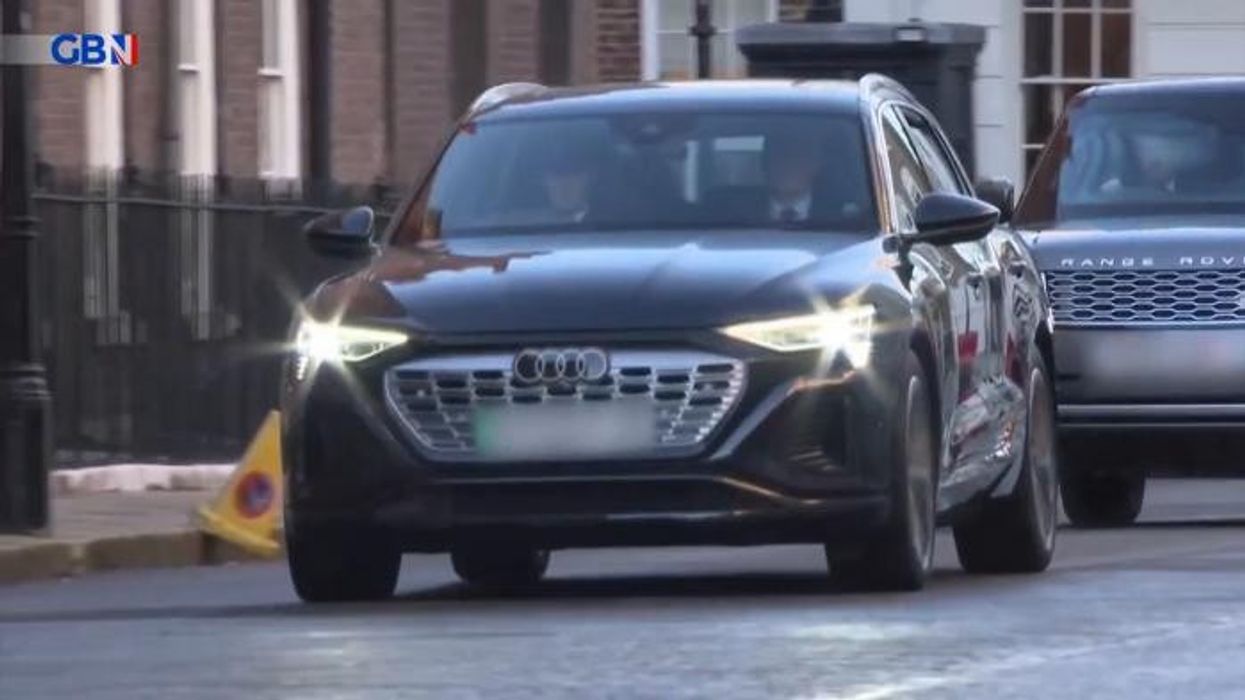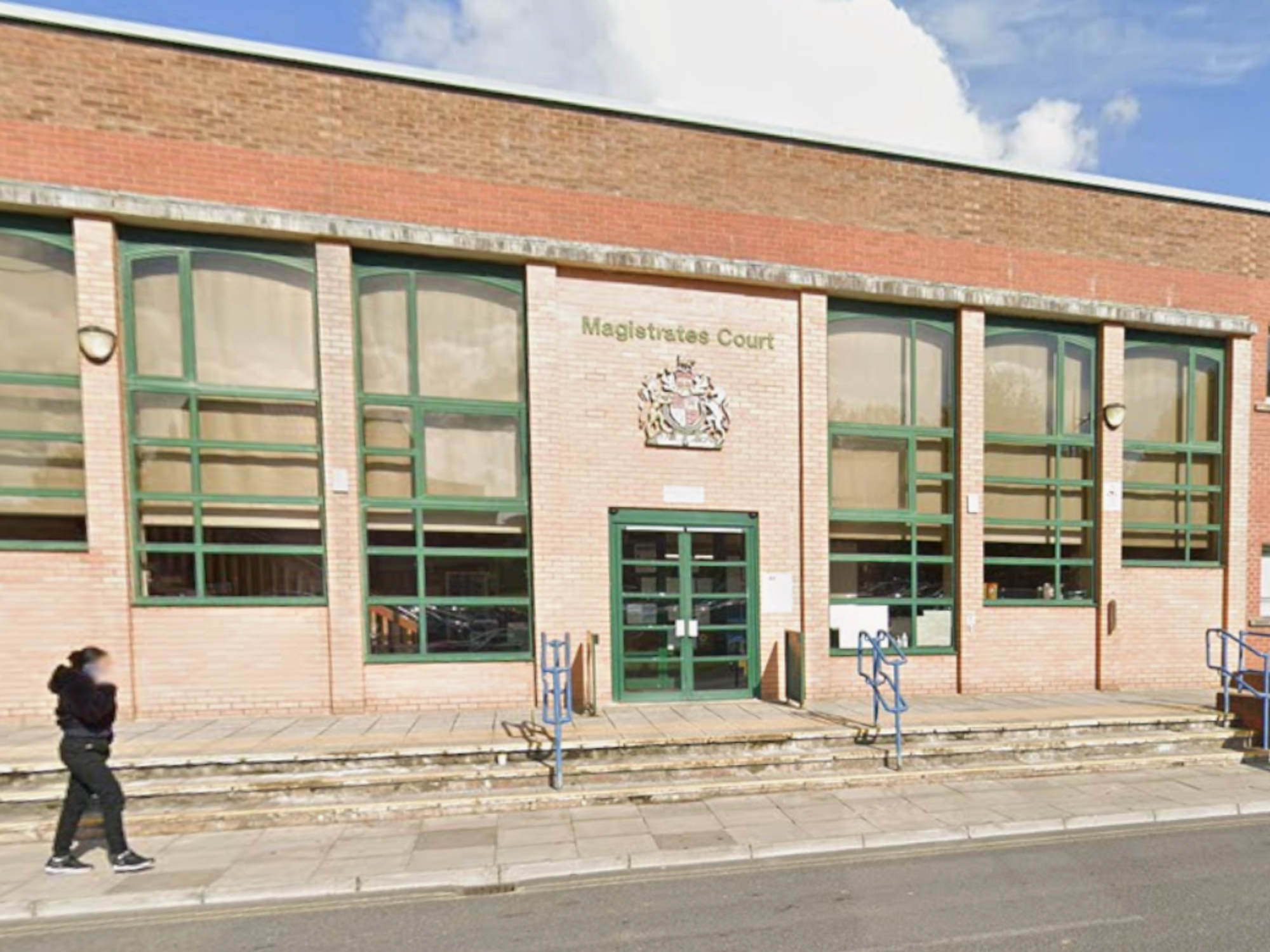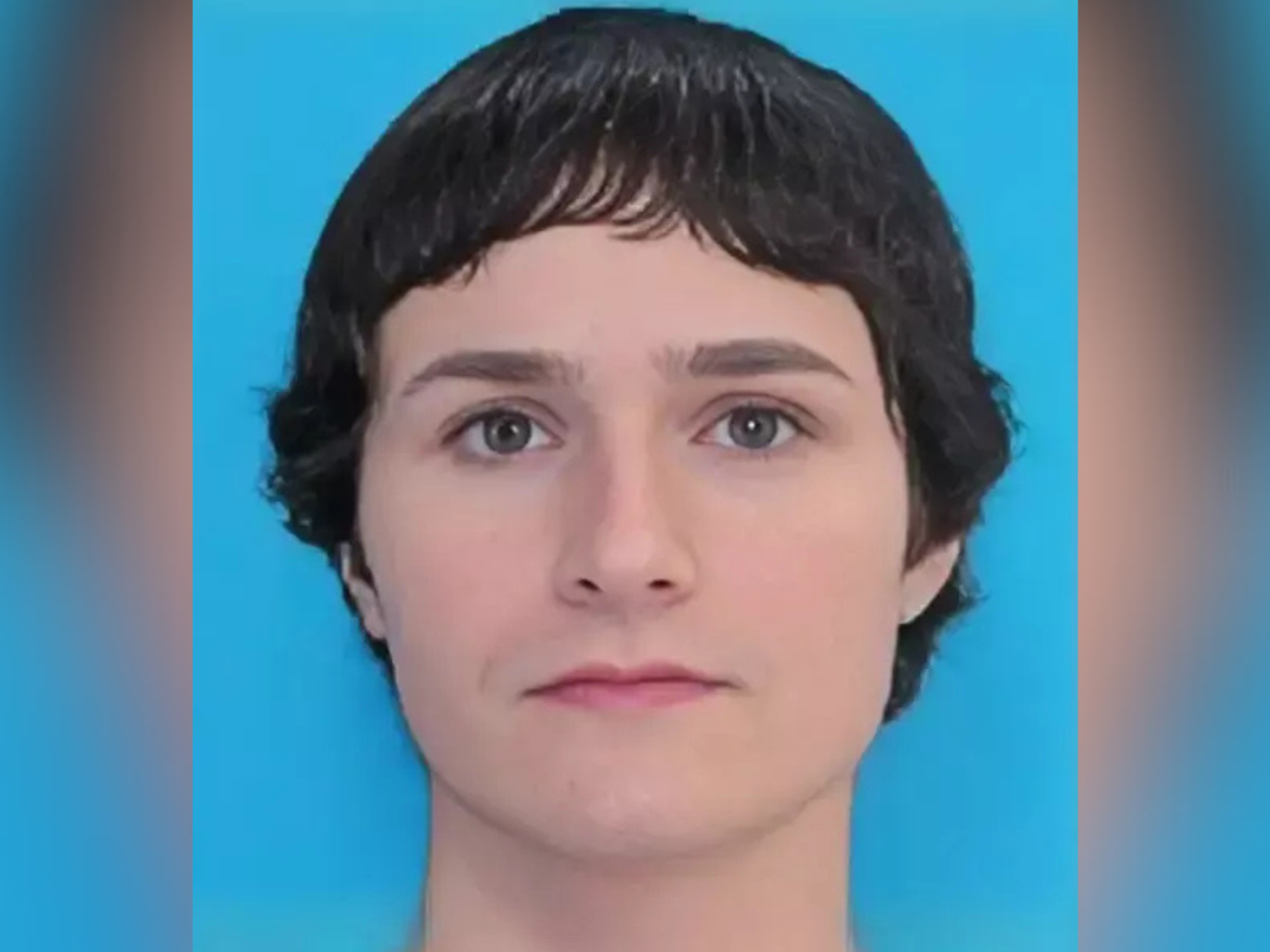DVLA 'may issue shorter-term licence' as 'significant' number of drivers impacted by medical decisions

'The DVLA's decisions on medical conditions and driving are crucial for ensuring road safety'
Don't Miss
Most Read
A motoring expert has suggested that the DVLA could introduce new rules to ease the pressure on the organisation when dealing with medical decisions.
Between 2022 and 2023, the Driver and Vehicle Licensing Agency (DVLA) announced that it had recorded 887,000 medical licensing decisions.
This represented an enormous increase of 130,000 from the previous peak between 2019 and 2020.
One expert said it was likely that the licensing agency would eventually need to implement measures to deal with the growing number of medical licensing decisions.
Do you have a story you'd like to share? Get in touch by emailing motoring@gbnews.uk
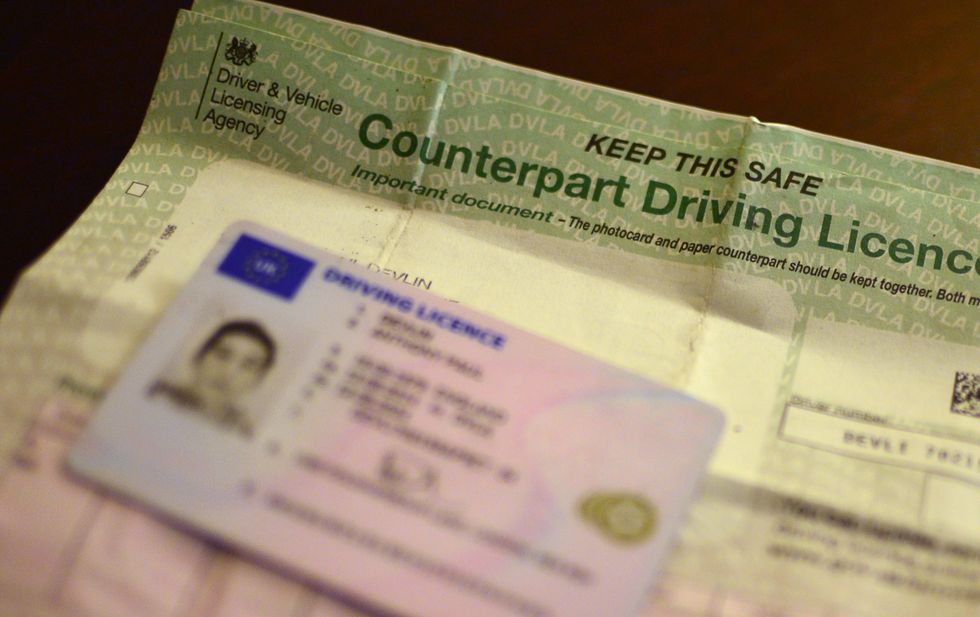
The DVLA made 887,000 medical licensing decisions between 2022 and 2023
|PA
Darren Miller, car expert at BigWantsYourCar.com, commented on the data, saying that it may prompt the DVLA to introduce new road rules.
He said: "The DVLA's decisions on medical conditions and driving are crucial for ensuring road safety.
“With nearly 900,000 medical licensing decisions made in a year, it's evident that a significant number of drivers are affected.”
Motorists need to inform the DVLA of any medical conditions which could impact their ability to get behind the wheel and stay on the road.
If they do not disclose any conditions and end up in an accident, they can be slapped with a fine worth up to £1,000.
Notifiable conditions could include diabetes or taking insulin, fainting, heart conditions, sleep apnoea and epilepsy.
Miller added: “The requirement for drivers to surrender their licence to the DVLA if their condition affects their driving for three months or more is crucial for safety.
“The DVLA may issue a new shorter-term licence, or recommend special adaptations to the vehicle to accommodate specific needs from the individual's medical condition.
“The DVLA's guidelines require drivers to report any changes in their health that could impact their ability to drive safely.
“These decisions not only safeguard individual drivers but also contribute to overall road safety, minimising the risk of accidents caused by medical issues."
Britons must inform the DVLA about any medical conditions they have when they apply for their first licence and when they renew their licence after the age of 70.
Once drivers reach an advanced age, they must renew their licence every three years, rather than every 10 years, as it is for other age groups.
LATEST DEVELOPMENTS:
- Drivers risk more parking fines with new cameras aimed at 'filling financial black holes' for councils
- Asda slashes electric vehicle charging points at stores with just 46 devices left as it 'reviews options'
- Car insurance prices rise again with some British drivers forced to pay more than £2,000 for cover
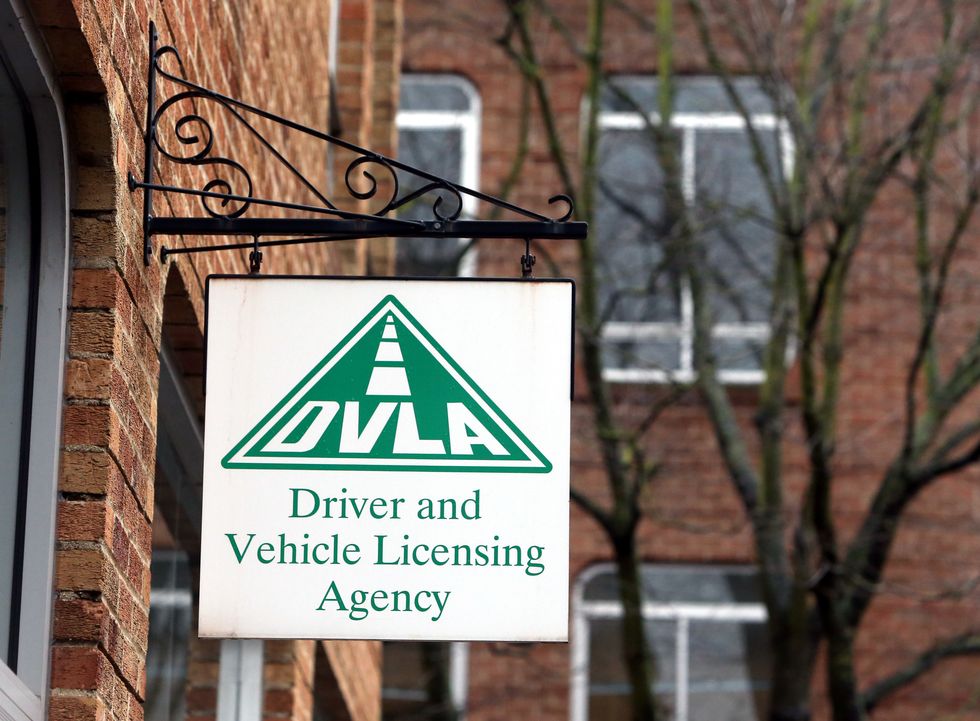
Motorists must renew their licence every 10 years, or every three years once they turn 70
| PAWhen telling the DVLA about any medical conditions, drivers may be asked to contact their doctor or even be required to be examined.
In some circumstances, people may be asked to take a driving assessment, an eyesight test or a driving test.
Similarly, when reapplying for a licence with a declared medical condition, it may take longer to receive their licence if a doctor is needed to verify.


